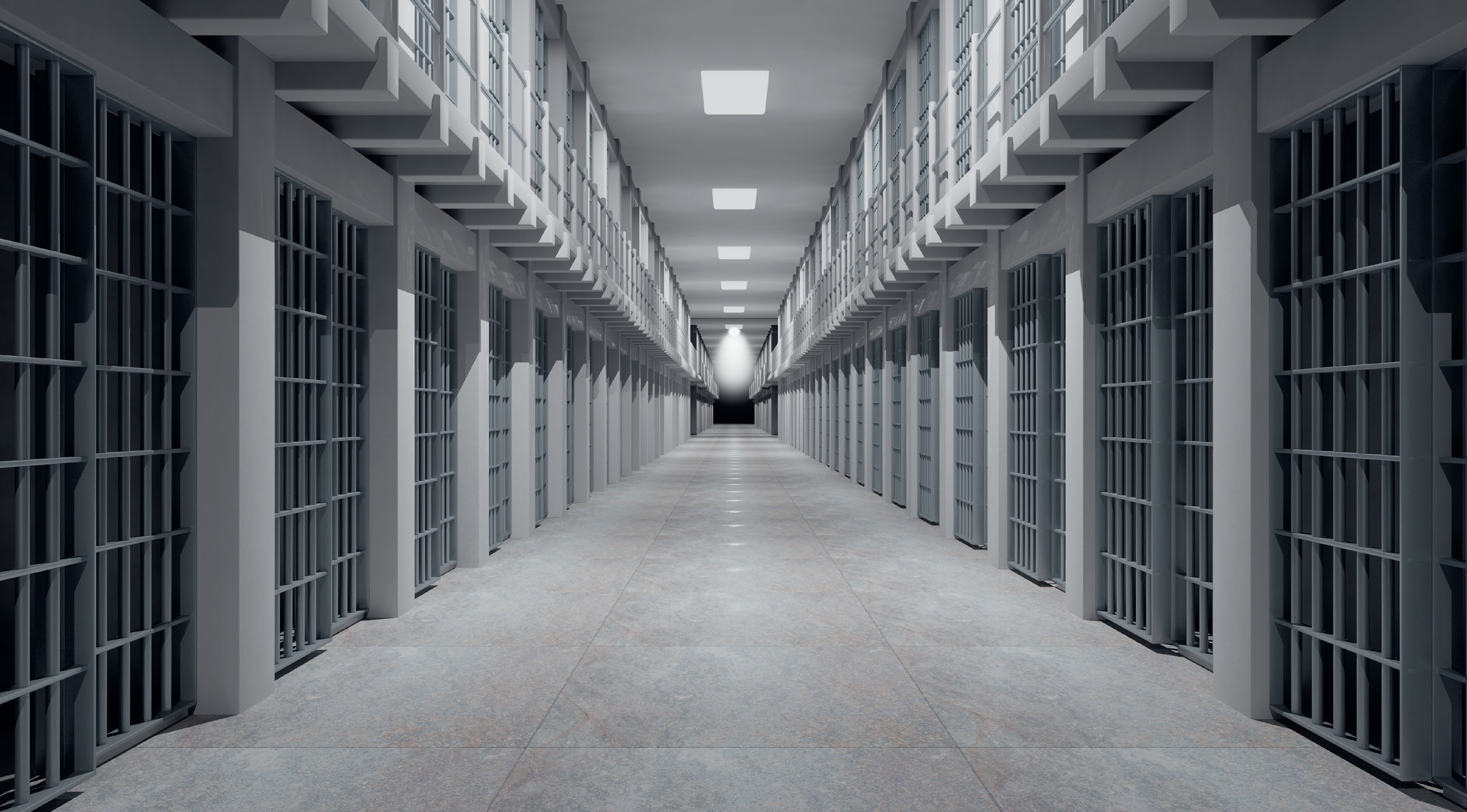
Are prisons the best way to deal with crime? They may seem to be an obvious solution to the problem. Indeed, politicians who promise to be ‘tough on crime’ are popular with voters and this usually means promising that more people will go to prison and for longer sentences.
Yet, prisons are very expensive to build and run. As a result, economists are interested to know whether they represent the best use of scarce resources. The answer to this partly depends on what society is hoping to gain from the prison system. Is the priority to punish people or to deter them from reoffending? It may be cheaper to help people before they end up in prison, rather than to incarcerate them. In this case, there are several alternatives to prison such as training schemes or probation. Economists evaluate the costs and benefits of different options in order to advise policymakers.
Your organisation does not have access to this article.
Sign up today to give your students the edge they need to achieve their best grades with subject expertise
Subscribe




